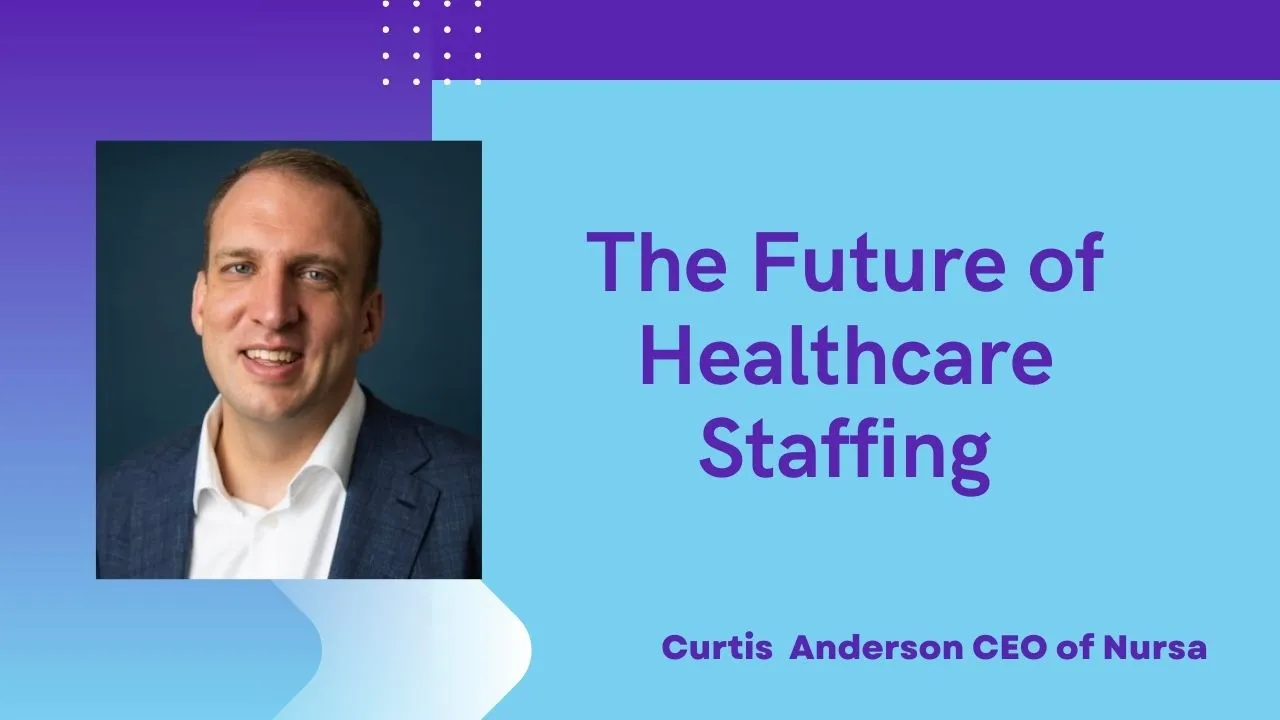"Jane worked as a shift-based nurse—half days and half nights—"It was hard on my body, and I became really sick," she says.
In a community piece published in Utah Business, Curtis Anderson, the CEO and founder of Nursa, discusses nurses' changing needs and challenges in the healthcare sector—particularly in hospital-based settings.
In this inquisitive and honest report, Anderson gives insight into the physical, mental, and emotional toll traditional nursing schedules can have on nurses, such as burnout, fatigue, and overall job dissatisfaction. Anderson emphasizes the need to reimagine conventional staffing models with more flexible and tech-enabled staffing solutions that can better support the well-being of nurses. For example, putting the power of staffing back in the hands of nurses via tech-enabled platforms can allow nurses the freedom to select their own schedules and, hence, have more control over their working conditions.
"The truth is one of the biggest stressors nurses endure is a feeling of lack of power—over their working conditions and schedules. They have one of the most emotionally demanding jobs in any industry, yet they are denied the ability to manage their time, energy, and emotions." —Anderson.
Consequently, letting nurses choose when and where to work can keep them engaged and motivated to provide consistent and high-quality patient care. Overall, Curtis emphasizes that conventional shift-based nursing models are inefficient and, if anything, contribute to high burnout rates and nursing shortages. Instead, Anderson highlights the need to design new tech-enabled nursing solutions that could help reignite a nurse's passion for bedside care and help hospitals recruit and retain top talent.
Read the entire article here to learn more about the value of adopting innovative approaches to support nurses and how this can help hospitals reduce turnover rates and enhance patient outcomes. For more healthcare news, read our article about the ban on noncompetes.









.webp)



